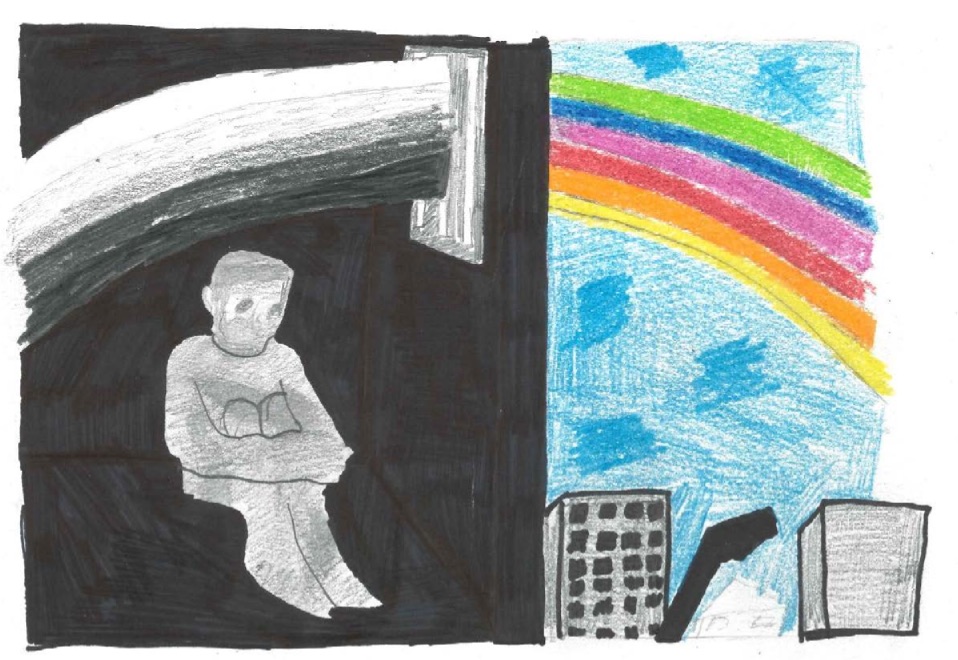The government’s draft Domestic Abuse Bill was published yesterday with a wide sweep of measures carrying one underlying theme: domestic abuse costs lives and it costs money. Extending the definition of abuse to include economic control and coercion, the draft legislation aims to tackle the holistic causes of widespread domestic abuse that has been calculated as costing society £66 billion per year.
A key feature of the draft Bill is giving family courts the power to prevent defendants cross-examining the victims in court. This comes alongside a pledge to improve the in-court protections available to victims of domestic abuse in the family court, including allocating £900,000 to organisations providing specially trained staff in the family courts to offer support to domestic abuse victims before, during and after hearings.
Stronger punishment and enforcement mechanisms will also be introduced by way of Domestic Abuse Protection Orders (DAPOs). These new orders will allow courts to place both prohibitive and positive requirements on perpetrators, and could require offenders to take part in rehabilitation or parenting programmes. The breach of such an order could be a criminal offence subject to five years’ imprisonment or an unlimited fine (although the courts will retain the power to treat a breach as a contempt of court). As a further landmark feature, high-risk offenders could also be subject to mandatory polygraph tests upon their release from prison.
In terms of non-legislative measures, the government has pledged to develop and pilot a training programme for social workers on coercive control to enable identification of abuse, introduce domestic abuse specialists in each Jobcentre and provide funding of up to £1.1 million for helplines with the ability to support victims of abuse stalking, honour-based violence and revenge porn.
The new legislation will also see appointed a Domestic Abuse Commissioner, tasked with collaborating with standing up for victims and survivors, which includes identifying and raising awareness of the impact of domestic abuse on children.
However, the draft Bill has faced criticism for not going far enough to tackle the ways in which the criminal justice system enables the narratives of domestic abuse to go unchecked. The draft Bill contains no proposals to abolish the questioning of victims in criminal cases regarding their previous sexual history, it does not address the ‘50 shades of grey’ homicide defences and nor does it challenge the overriding presumption in family cases of contact at all costs.
Step Up Migrant Women (SUMW), a coalition of more than 30 groups including Southall Black Sisters, Amnesty International UK, End Violence Against Women Coalition and the Latin American Women’s Rights Service, urged the government to ensure equal protection for migrant survivors of domestic. ‘This is particularly alarming, as the Bill itself recognises the ‘significant vulnerability’ of migrant victims who fear deportation as a result of coming forward,’ commented Lucila Granada, director of the Latin American Women’s Rights Service. ‘Every day we support women who are unable to trust that the police and the law will prioritise their lives and their safety simply because they are migrants. Deterring migrant women from reporting crimes gives impunity to perpetrators. We need a Bill that doesn’t leave migrant women behind. We need safe reporting pathways, appropriate support, and a fair chance for migrant women to be able to break free from violence.’
Kate Allen, Director of Amnesty UK, said that then Bill its current form ‘barely tinkers’ at the edges of what was necessary to ensure migrant women were treated fairly. ‘To truly be ground-breaking, the Bill must ensure all women can access housing and welfare support and report abuse without fear of immigration enforcement. Otherwise perpetrators will continue to use the immigration status of their victims as a weapon to control and abuse their victims.’
According to the coalition, whilst the Bill recognises the need to overcome barriers for women with insecure immigration status, it offered ‘little more than current provisions aimed at addressing the problem’. ‘Guidance is already in place for police forces to support victims, but in reality the police often share data with the Home Office and domestic violence victims are treated as suspects by immigration enforcement. The Bill introduces nothing on a statutory footing to prevent this from happening,’ SUMW said. ‘Instead of ensuring migrant women can access vital support services such as refuges, the Government suggests some victims of domestic abuse “may be best served by returning to their country of origin and, where it is available, to the support of their family and friends”.’
The draft Bill does include £300,000 funding for BAME organisations but, the group argues, that will ‘go little way to support a sector that is hugely underfunded’.
Theresa May has long made tackling domestic abuse a centrepiece of her legislative agenda; yet the Government’s commitment to providing multifaceted solutions to domestic abuse rings comparatively hollow in light of the steady decline in funding for women’s refuges, from £31.2 million in 2010 to £23.9 million in 2017 as pointed out by Women’s Aid. To decisively place the onus for preventing domestic abuse on the perpetrator, we need to change the dynamics of abuse and control that have been allowed to permeate both within and beyond the current legal system.






